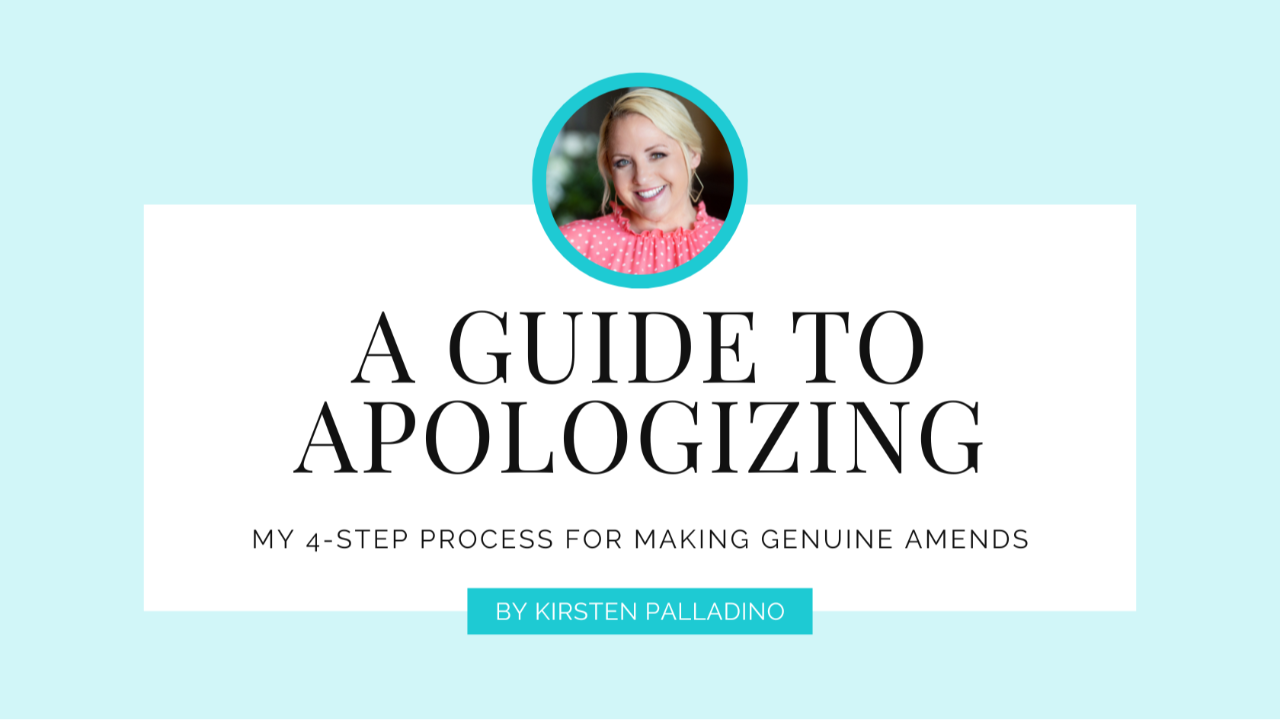What to say after mistaking someone’s gender identity or sexual orientation

You've messed up, and maybe you're thinking something like: Will everyone hate me? Am I going to be canceled? Is it really a big deal or can I recover from this? And what should be first but is often the last thought: Have I hurt someone's feelings? What should I do?
The ol’ foot-in-mouth moment. We’ve all been there. Maybe you’ve asked someone when they’re due, and it turns out they’re not pregnant. You’ve asked someone about their Christmas plans, and they’re Jewish. Perhaps you’ve asked someone with an unfamiliar name where they are from, and as it turns out, they grew up in your home state. In the wedding industry, some common mishaps that happen with the LGBTQ+ community are asking a woman about her husband-to-be, such as “How did he propose?” or, if you do know they’re LGBTQ+, posing a question about what their family thinks, implying they might not be getting the support they deserve.
In 2020, when Clubhouse was all the rage while we were stuck in our homes, I was, of course, spending time discussing LGBTQ+ inclusivity in the wedding-related chat rooms. I wasn’t the only LGBTQ+ person in the room, and oftentimes people in the wedding industry who were also LGBTQ+ would be on stage. (Don’t worry, you do not need to understand Clubhouse to understand this story. All that I need you to visualize is a social media app on your smart phone where all you can see are circular photos that could be someone’s headshot or any photo with a first name underneath while listening to that person speaking.)
Nearly every single time a nonbinary person would speak, anyone following them would reference what they said by referring to she or he despite the nonbinary people leading with “Hi, I’m X, and my pronouns are they/them.” every time they spoke. It was exhausting watching people continuously mess this up despite the amount of opportunities they had to not make the same mistake that someone else had just moments before. The nonbinary person would then chime in to say, “My pronouns are they/them.”
And then the person who messed up would have to decide how to react. Their choices seemed to include one of the following: a) profusely apologize over and over, usually explaining that they have a gay friend and they cannot believe they made this blunder but they were probably just speaking without thinking and then rambling on about how it’s hard to exist in this world of pronouns and labels; b) ignoring the comment and continuing on; or c) say thank you for reminding them and apologize for messing up.
I witnessed these three reactions in rotation over the summer of 2020, as well as in my personal life and in my career, but most often it is a or b.
Option A starts off well and good. There’s an apology, which is also an acknowledgement that something has gone wrong and they’re at fault.
But where option A goes off course is going beyond a genuine apology and headed into victim-blaming territory, i.e., if your identity wasn’t so confusing, I wouldn’t mess up. Therefore, it’s your own fault you’ve been misgendered, and you don’t deserve to feel hurt or offended because, essentially, you had it coming.
Option A also puts the perpetrator in the victim seat because suddenly you’re the one expecting an apology because you’ve been wronged by being called out for your mistake.
But gender-diverse and trans people didn’t choose their gender identity any more than cisgender people choose theirs. And they—like everyone else—have the right to their feelings about how they’re treated. The other problematic element of option A is there’s no promise or commitment to not do it again.
Option B is cruel because it doesn’t even acknowledge the misgendering misstep, leaving their intentions to be interpreted in myriad ways—none of them positive. Beyond that—and more importantly—the harm caused by their actions remains unchecked.
Option C the is the best option out of the three but it doesn’t go far enough. Let’s break it down: Before there’s even an apology, there’s the acknowledgement of emotional labor being done on their behalf. Then they say they’re sorry, which is vital to the healing process for both people.
What’s missing is a commitment to do better. But to offer that without genuine intent is meaningless.
So what should you do or say when you mess up? And that is a when, not an if. Being human is messy business, and we are guaranteed to make mistakes, especially when we are talking to or about someone in a community we don’t belong to (and sometimes even when it’s our own community).
Here's my step-by-step guide to apologizing after mistaking someone’s gender identity or sexual orientation.
Step 1
Thank the person who called your attention to the mistake (if applicable).
Step 2
Sincerely apologize in a succinct way. Don’t make the situation worse by making it about yourself.
Step 3
If it’s true, state that you’ve learned from this and will do better.
Step 4
Do better.
If your apology is not accepted, respect that. If the mistake was made in writing (in social media, for example), don’t delete your post or comment. Don’t shy away from what happened, and especially don’t delete anyone’s commentary on what happened. To delete those comments is another way marginalized communities and their allies are silenced. Follow the step-by-step instructions above, and then work on step 4 every day.
